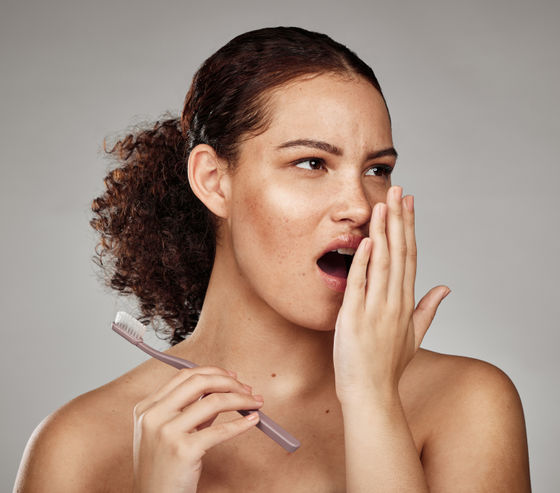Experts explain the effectiveness of 'detox' that claims to expel toxins from the body

There are lots of ads and promotions on TV and social media for products claiming to 'detox', whether it's supplements, specific foods or diet methods. Experts explain the scientific basis for these health methods, which aim to eliminate toxins from the body, and what you should be careful about.
Thinking of trying a detox? Here's what you need to know first
◆What is detox anyway?
According to Claire Collins, a researcher in nutrition and dietetics at Newcastle University in England, the origins of detoxification can be traced back to the time of the ancient Greek physician Hippocrates. Based on the theory of the four humors , which states that illness occurs when the balance of the four humors 'blood, mucus, yellow bile, and black bile' is disturbed, Western physicians have tried to heal patients by maintaining internal balance through bloodletting, vomiting, and enemas for centuries.

In modern times, detox practices have changed and detoxes are primarily made up of beverages that are consumed in place of regular meals. There are many different types of detox drinks available, including tea, coffee, infused
The popularity of these detox drinks is soaring, with global forecasts estimating that the detox drinks market will reach $5 billion in 2022 and grow by a further 50% by 2030.
In addition to drinks, there are also supplements containing vitamins and antioxidants, organic foods, probiotics and other detox foods, as well as 'elimination diets' and fasting, which are recommended as detox methods. Detox methods also include 'colonic irrigation,' which cleanses the large intestine, and homeopathic treatments , which use sugar pellets as remedies.
◆Detox effect
Collins's simple answer to the question of whether detoxing is effective is 'no.' A study published in 2022 could not find any mechanism by which a detox diet would eliminate any toxins, nor any specific toxins that would be eliminated by any diet. In the study, the researchers emphasized that the liver and kidneys have the ability to eliminate toxins from the body extremely efficiently, and concluded that 'detoxing goes against general principles of human physiology.'
An earlier study published in 2015 similarly found no strong evidence to support detox diets.

In general, there is no need to prove that detox products have a detox effect as long as there are no problems with safety or the quality of the ingredients. Therefore, Collins pointed out that 'it is better to check the advertising claims and warnings carefully and make sure that the manufacturer is actually saying what they are saying.'
In addition to eliminating toxins, some of the benefits of detoxing that should be considered include weight loss, increased willpower and self-esteem, improved physical strength and immunity, a sense of happiness, peace of mind, and improved skin, hair and nails.
Potential dangers and positive aspects of detox
According to Collins, detox diets tend to be extremely low-calorie, so although replacing your regular diet with them may result in short-term weight loss, they are not a sustainable method of weight loss. In addition, detox diets that severely restrict certain food groups carry the risk of nutritional deficiencies, which can lead to fatigue, irritability, and bad breath.

There are also risks of adverse events such as side effects and the possibility of overdose. For example, in Spain, a 50-year-old man died of manganese poisoning due to improper labeling of the ingredients of ' Epsom salt, ' which was advertised as a liver cleansing detox. In addition, a 2018-2019 audit of Australian facilities offering colonic irrigation found that many providers were providing the service without complying with infection control standards.
For these reasons, Collins says, 'People with chronic illnesses, people with eating disorders, the elderly, children, and pregnant or breastfeeding women should never try a detox.'
However, Collins is not completely against detoxing. He said that detox programs can help people identify areas that need improvement, such as their diet, their relationship with alcohol, and their lifestyle, which can lead to them reassessing their lifestyle and adopting healthier eating habits.
Related Posts:







